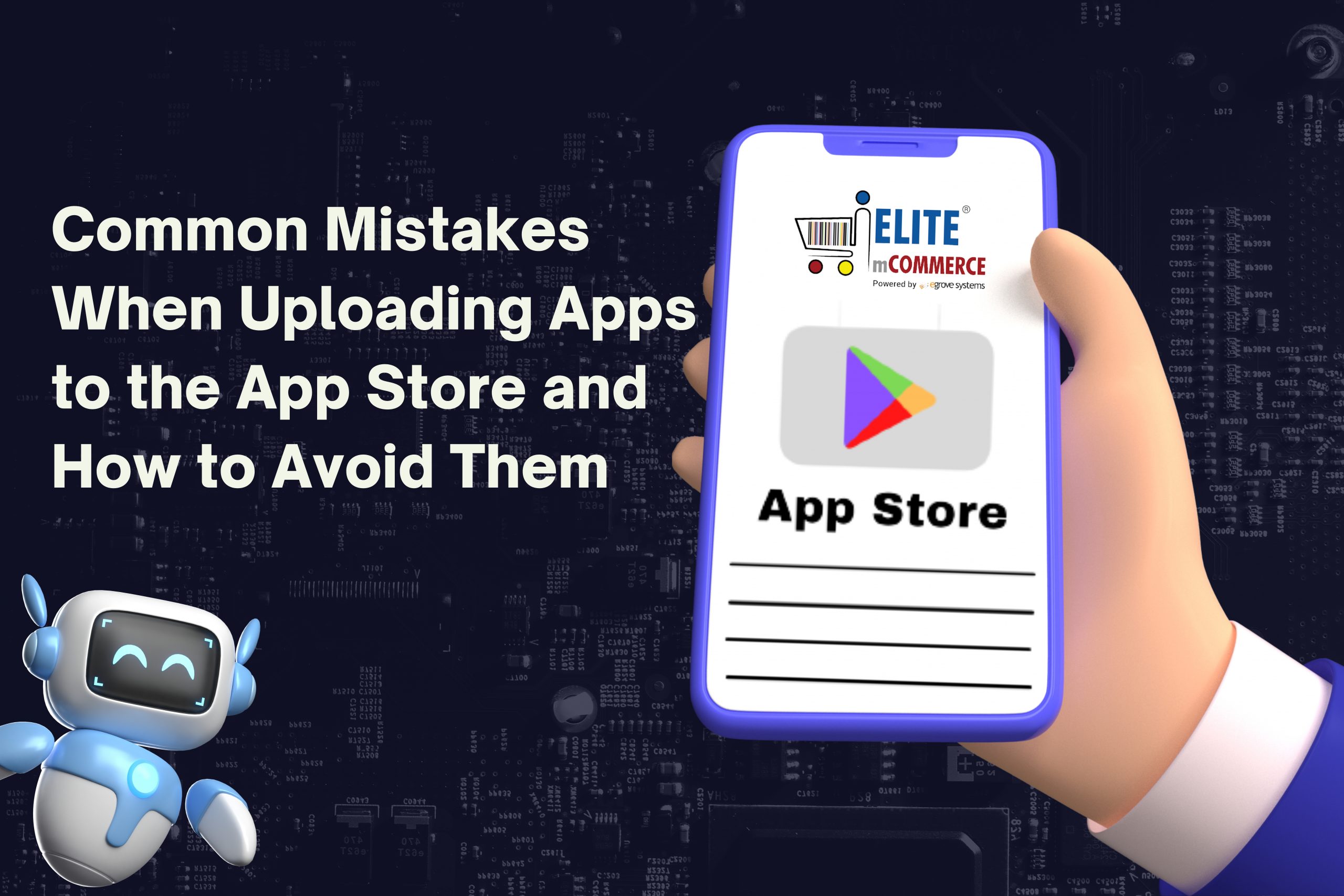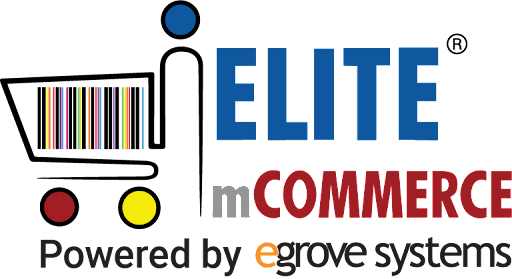In the current business landscape, organizations constantly look for ways to optimize operations, enhance efficiency, and deliver exceptional customer experiences. To facilitate these goals, enterprise applications have emerged into the scene. They are powerful and robust tools that streamline business processes, automate tasks, and provide real-time insights. These large-scale software systems are devised to cater to the unique needs of enterprises, thereby enabling them to transform operations and remain competitive in the digital age.
Enterprise applications play a prominent role in understanding and satisfying the needs of an organization’s employees, customers, partners, clients, and other stakeholders to improve overall business performance. In this blog, we will dabble into the basics of enterprise applications and understand how you can optimize and strategize them for a global workforce.
What Are Enterprise Applications?
Simply put, enterprise applications are comprehensive software solutions tailored to large organizations’ complex requirements. Enterprise apps, as opposed to apps aimed at consumers, are made to meet the demands of many sectors’ organizations regarding integration, size, and security. These applications typically encapsulate multiple modules and components to address and cater to the diverse aspects of an organization’s functions and operations.
In other words, enterprise applications are a collective term for mechanisms and processes that allow businesses to integrate various software applications, such as ERP, Salesforce, Oracle, Human Resource Management, Payroll Systems, and more. These applications create a medium to transmit data from one application to another or from one organization to another.
A recent survey suggests that the popularity and usage of enterprise applications are increasing at a rapid pace. The study shows that the global enterprise application integration market size is expected to grow at a CAGR of 16.32 percent during the 2021–2024 forecast period. Thus, enterprise applications have emerged as a pioneer in the world of business. Enterprise applications leverage the best of technologies, such as artificial intelligence and machine learning, to enhance and polish their scope. For instance, enterprise applications powered by AI can enable predictive analytics to help businesses identify new opportunities, optimize workflows, and bolster decision-making.
Furthermore, enterprise applications enable businesses to reduce costs and minimize risks while transferring data internally and externally.
Top Benefits of Enterprise Applications
Some of the pertinent reasons that make enterprise applications a must-have for large and growth-oriented industries are –
- Information Sharing Gets Easier
The main benefit of enterprise apps is to centralize all data related to services and information. By keeping all information and data in a single location, enterprises can reap multiple benefits, such as saving precious time, streamlining communication, facilitating accurate decision-making, and more.
- Simplified IT Processes
The second reason that makes enterprise applications crucial for organizations is that they simplify IT processes. Providing simplified technologies to customers is an excellent opportunity for a business to establish trust, which eventually results in higher customer acquisition and retention. Quite understandably, handling and managing IT infrastructure is a cumbersome task for big companies, which impacts annual revenue owing to higher management costs.
Thus, enterprise application integration is deemed to be the one-stop solution in such situations. Enterprise applications help users access data anywhere and anytime. Simultaneously, the organization also extracts vehement benefits by serving data to their potential customers. Thus, it is a win-win situation for consumers and the company.
- Helps Extract New Opportunities
One of the key benefits of enterprise applications is that they enable important stakeholders and decision-makers in an organization to identify and respond to unique and lucrative opportunities promptly. This empowers a business to stay ahead of market trends, discuss reputation management problems, handle supply chain issues, etc, from a single app that is under your full control.
- Cost Savings
By optimizing processes and minimizing manual interventions, enterprise applications contribute to long-term business savings. Cloud-based solutions further enhance cost-efficiency by eradicating the need for on-premise infrastructure and maintenance. Businesses may grow enterprise applications per their demands, paying just for the resources used, etc. Such flexibility helps in optimizing resource usage, while also ensuring that an organization has all the necessary tools to support growth.
- Improved Efficiency and Productivity
As we have already mentioned, enterprise applications automate repetitive and mundane tasks, streamline workflows, eliminate manual efforts, and minimize the risk and prospects of errors. For example, automated billing systems can easily handle invoicing and payment processing, thereby freeing up the precious time of employers, which they can use to focus on more strategic and intellectual tasks. Likewise, business intelligence (BI) tools enable organizations to analyze vast amounts of data and attain actionable insights, thereby leading to better decision-making and operational efficiency.
- Minimizes Working Time
Employees’ time is invaluable in any organization, as it impacts their overall productivity and performance. If an employee has to spend all their time on mundane and repetitive tasks, their productivity is bound to decline and witness a slump. So, by delegating these arduous duties to enterprise applications, a business can ensure that its employees are thriving, happy, and successful.
- Reduction in Human Error by Automation
Manual data entry is enigmatic, even when done by experts. At times, a tiny human error in data insertion can tarnish the entire reputation of an organization, resulting in interruptions in efficiency and productivity. However, such prospects can be minimized by using enterprise applications with automation. Automated systems make it simple to save time, as well, as you will not invest time monitoring and reevaluating the data for accuracy.
- Better Control on Information Glow
Last but not least, enterprise applications offer excellent mechanisms for better and more stringent control over information flow. Being a business head, you can keep an eye on every piece of data the employees consume. Likewise, you can also make sure no confidential data is shared outside the organization. Thus, enterprise apps make it easy to examine whether the IT process and marketing mechanisms are working fine or not.
Wrapping It Up
So, there we have it, a crisp overview of the top 8 benefits and the reasons to optimize enterprise applications for a global workforce.









Add comment